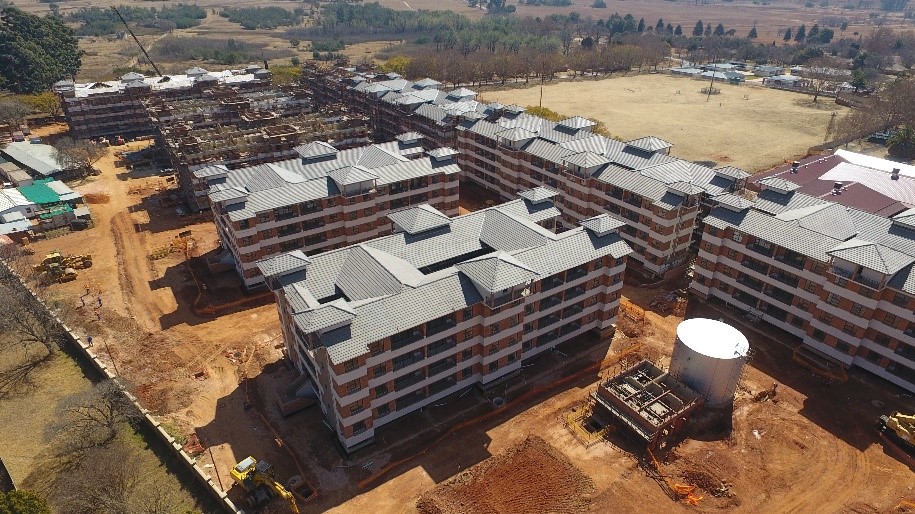
The South African government plans to investigation “fruitless and wasteful” spending by Eskom on accommodation at the Kusile power plant.
Construction costs for 336 units increased from an initial budget of 160 million rand ($10.8mn) to 840mn rand ($56.7mn). The builder did not finish the development.
The chairperson for the Portfolio Committee on Public Enterprises, Khaya Magaxa, has said that action “must be taken” against involved in the work.
Eskom had intended to use the units for construction workers at the Kusile plant. After abandoning the project, the power company “spent billions” on rent and transportation, the government said.
“There is a housing crisis in many mining towns and Eskom has a responsibility to be a catalyst for transformation in the communities within which it operates. This should have been a legacy project that would serve as an example to many mining companies,” said Magaxa.
“We will be calling Eskom to appear before the committee on February 17, 2021. We believe this matter must be investigated and action must be taken against all parties involved.”
The Standing Committee on Public Accounts (Scopa) received a briefing on February 3 on various state-owned entities, including Eskom. Broadly, Scopa said the audit painted a “very bleak picture and their financial state is regressing rather than improving. There is a sharp increase in irregular, fruitless and wasteful expenditure in most of them.”
Lowlight
Eskom wasted 2.9 billion rand ($195.6mn) in 2020, South Africa’s Sunday Times reported.
The newspaper quoted an official from the Auditor General as saying that poor contract management had driven this. Siyakhula Vilakazi singled out Eskom’s spending on the Wilge flats as a “lowlight”.
The development has been written off, with Vilakazi saying it was not in a state that would allow people to live in it.
The Mail & Guardian reported in 2019 that the Liviero Group had been contracted to build the Wilge flats. This company went into voluntary business rescue in 2018, the newspaper said.
Liviero blamed shortfalls in government payments as a prime reason behind its decision to go into business rescue.
